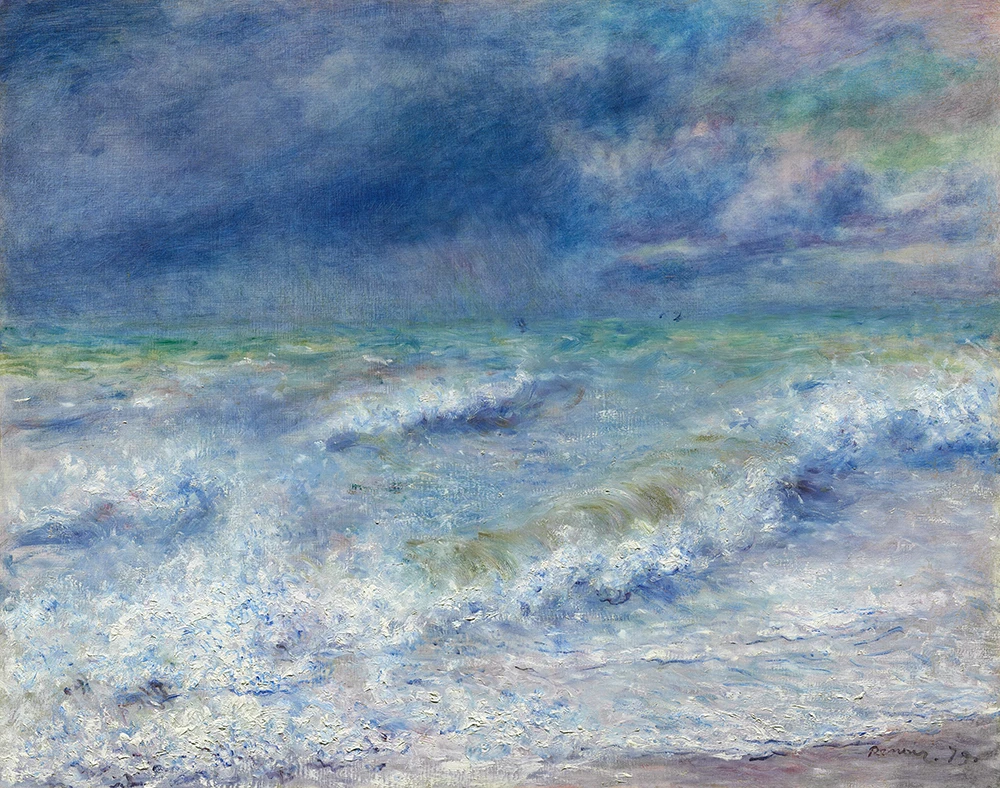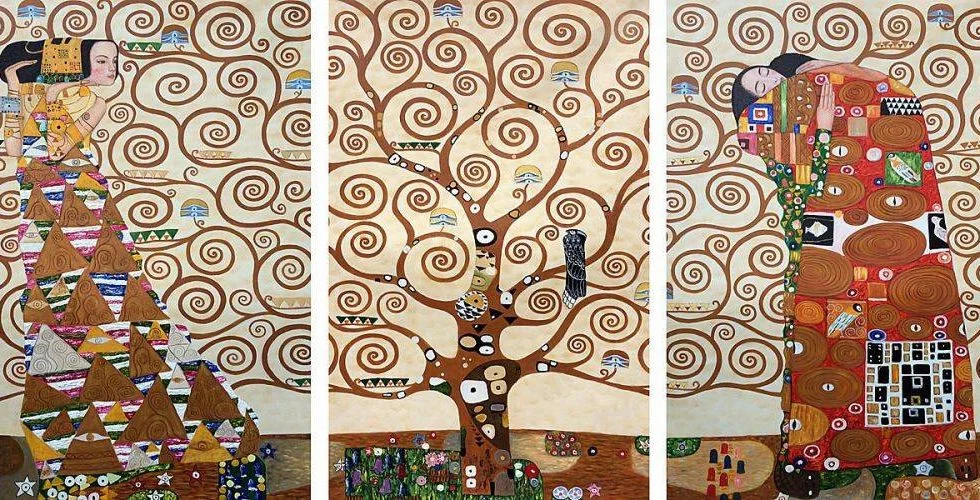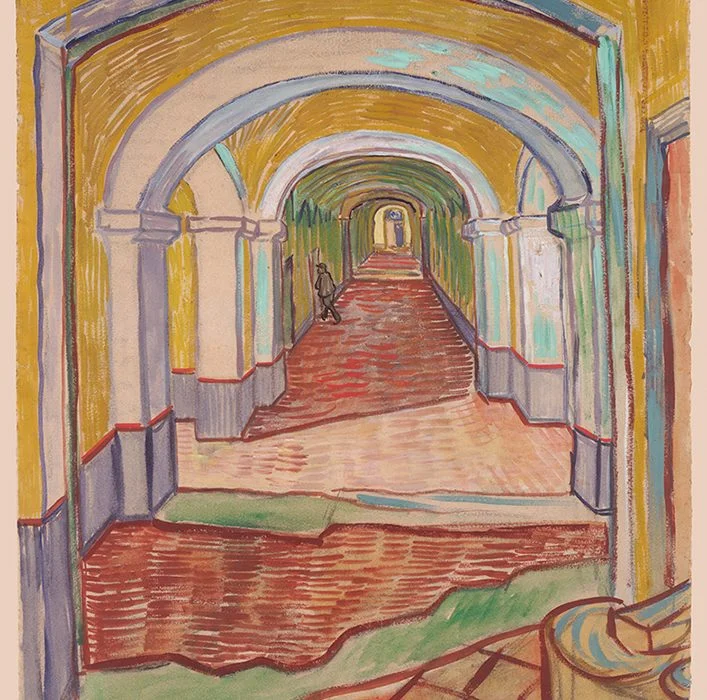Self-Knowledge • Trauma & Childhood
Why We Become Unable to Protect Ourselves
There are people who, in most walks of life, are extremely canny and highly able to look after themselves. They may be shrewd in business, undaunted in social encounters, and vociferous in defending their causes in public. And yet, in other situations, these very same people can find themselves sharply and strangely unable to protect their own interests. This is one of the more subtle effects of childhood trauma in adulthood.

The situations in which these people become powerless, innocent, unworldly and too pure for their own good are intimate ones. In close relationships, the years seem to fall away from them. They find themselves in a couple and lose any ability to imagine that their partner might be anything other than ‘very nice’ and ‘on their side’. Other people may spot a problem at once; in their eyes, all is completely well until it is far, far too late.
They give their partners a huge amount of themselves: tireless in their ministrations, even if the partner is running rings around them. They keep hoping for the best, even when the partner has repeatedly shown themselves to be untrustworthy. They give the other time and money – far more than would be sensible.
Why Early Innocence Can Lead to Adult Vulnerability
What is going on? Why can’t this person erect the requisite protective barriers? Generally, it is because their early survival depended on them not fully recognising the unpleasantness of a person close to them; because their childhood forced them into a state of unwarranted innocence.
They couldn’t, for example, afford to properly recognise that their mother didn’t want the best for them. They couldn’t bear to think that a close relative might be sexually abusive. It wasn’t in their interest – at the age of five – to fully take on board the awfulness of their father. Psychological survival relied on maintaining a selectively timid, hopeful, naive stance.
As a result, the faculties that would normally engage with intimate danger were cauterised and numbed – and have remained so into adulthood. This accounts for the paradox of high competence and strength existing alongside severe passivity and powerlessness.
Recognising the Effects of Childhood Trauma in Adulthood
When we see such people (and they may be us), we need to extend understanding and compassion. These people aren’t stupid or weak; they have had to learn to switch off their bright minds in particular contexts. They have not been able to be vigilant because vigilance would have meant realising that someone they deeply depended on was a curse – and that was too much to bear, psychologically and practically, when they lacked any option to run away and find new caregivers.
The effects of childhood trauma in adulthood can make even the most capable people overlook mistreatment in close relationships. It can take a lifetime to learn a simple-sounding lesson: that we deserve only kindness from those we love.


























